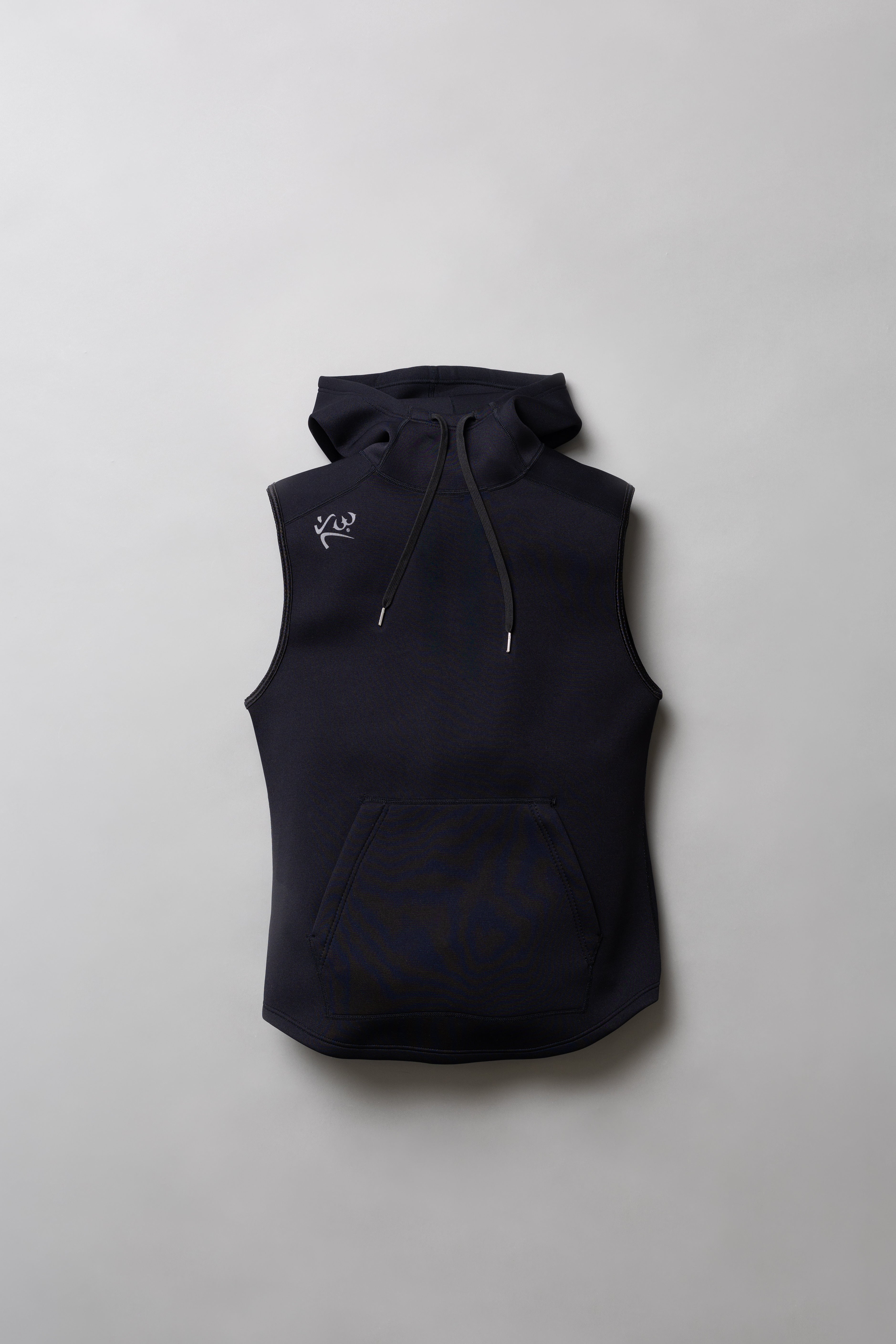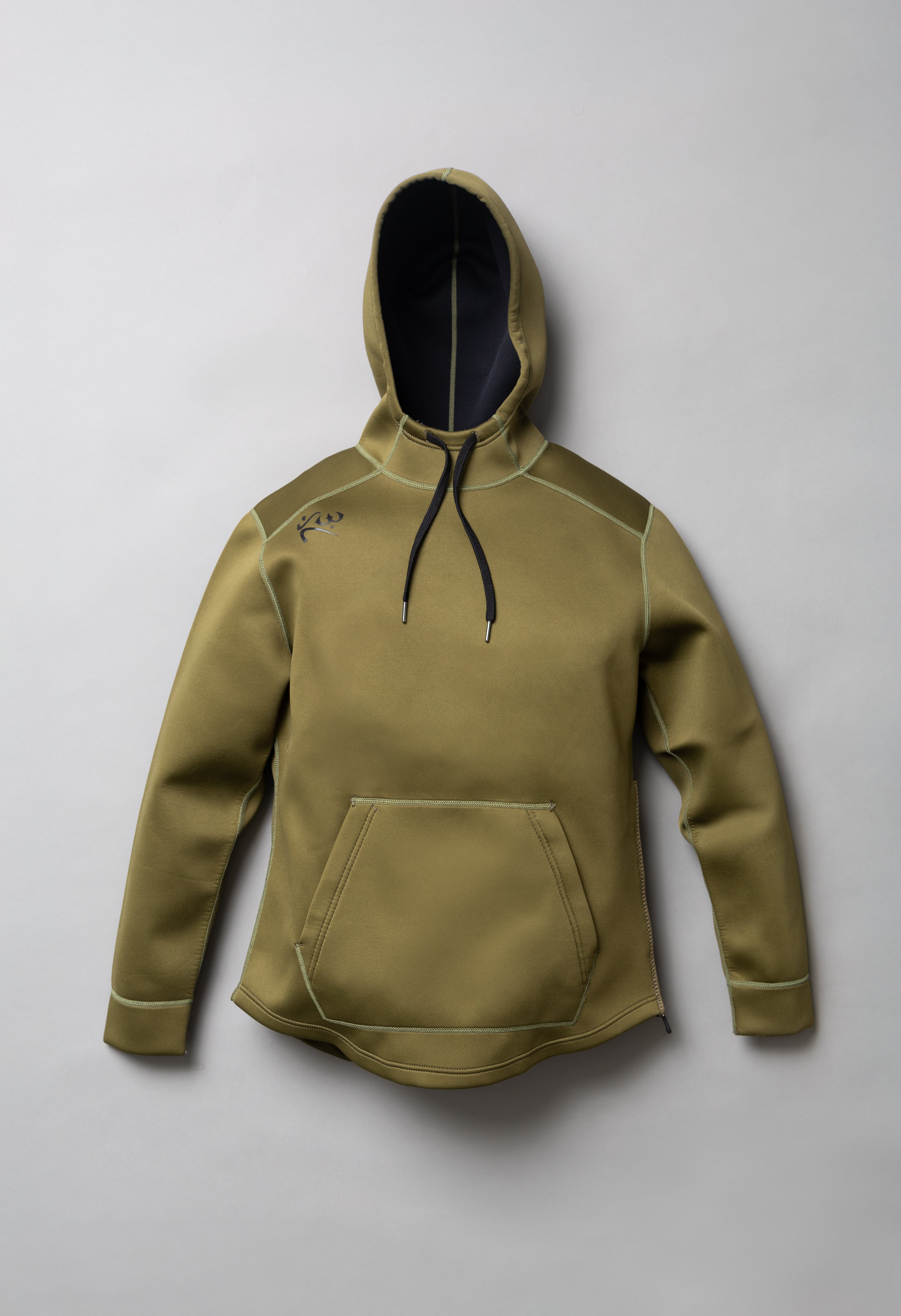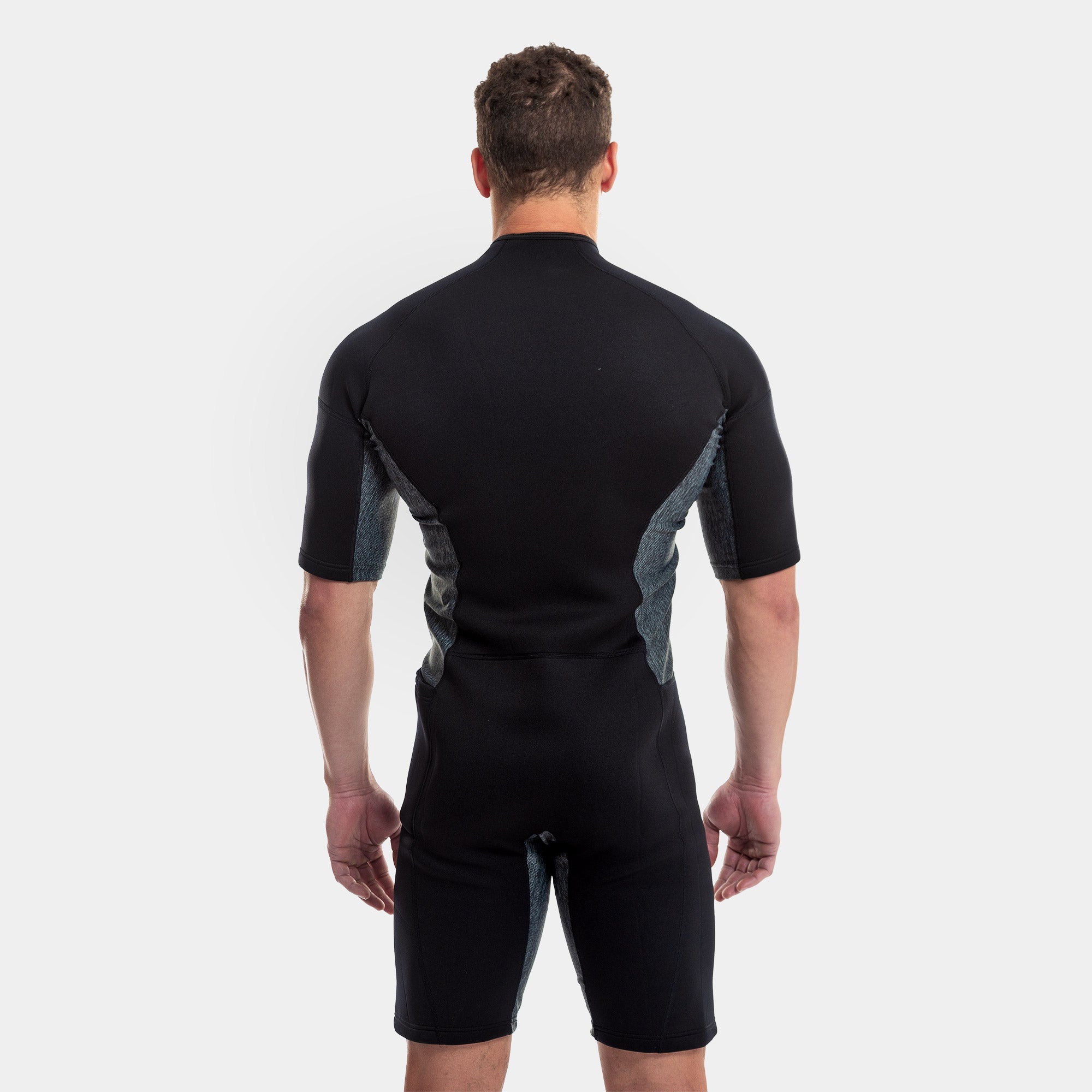Professional Boxer Will Tomlinson talks training, diet and cutting weight for competition.
Recently, Kutting Weight sat down with Australian Super Feather Weight boxer Will Tomlinson to discuss his lifestyle, training regime and the process of cutting weight for a professional boxer.
Will is the former IBO world champion (2011-2014). Fighting as a Super Feather Weight (130lbs), means that cutting weight for competition is a permanent part of Will's career. At his natural weight of around 150 lbs, Will usually needs to drop over 20 lbs in only 8 weeks to make weight for his next fight. Read more about how Will does this in the healthiest way possible while being sure to maintain his energy, fitness and hydration. He is a Kutting Weight advocate and uses the suit in his weight cutting process. Will is a highly trained professional athlete, followed by a number of trainers and coaches with extensive experience in boxing and cutting weight, this is not your every day diet and weight loss regime!

How do you go about preparing for a fight?
Being a professional athlete, I always try and maintain a good level of fitness in between fights. It’s better to stay ready than get ready. Staying ready and not letting myself fall too far the other way, means my fitness leading up to a fight improves really quickly. To stay at this level between fights requires some sacrifice and will power - I don’t smoke, I don’t drink and I always eat well. This means that the transfer from my regular level of fitness to 'fight fitness' is never too far.
How much time do you generally have to prepare for a fight?The ideal preparation time for my next fight is 8 weeks minimum. With a fight approaching, this perfect amount of time to come from my well maintained ¾ level of fitness and map out a training program in order for me to peak in 8 weeks time.
At this point, I will sit down with my trainers and coaches and work out exactly how we are going to aim to hit that peak level of fitness. After 16 years in the industry and a lot of trial and error, I have now learnt the best ways to do this which work for me. Achieving your peak fitness for competition is a very individual task, each athlete needs to find out what works best for them.
In those 8 weeks leading up to a fight, what does your training regime look like?
- Firstly, I start doing running/roadwork early in the mornings, which varies from day to day, usually starting with a 1 mile warm up run. This may then be followed by 10 x 100 meter hill sprints at max effort, then another 1 mile cool down run. Other days it might be long distance run anywhere up to 8 miles.
- Running is then followed by a sparring session at around 11am on every second day. During these sessions, I will build up to 10 rounds by starting at 6, then 8 and so on. Each fight is 12 rounds, but I will only ever spar the 12 rounds once or twice during the whole 8 week training camp.
- The alternate days will be strength and conditioning sessions in the gym with my coach. These will include sprints, agility drills, plyometric body weight circuits among other things, and will normally last for 2-2 ½ hours. On Saturdays we will generally go to the beach and do this same workout, which is intensified by the natural resistance that the sand gives.
- Sundays is always a rest day, which is really important to have.
Generally, I will complete two training sessions a day, although I feel there is no need to flog myself back to back. If I train hard in the morning I will go easier during my second session and vice versa. The evenings may even sometimes be a recovery session, I definitely believe an active recovery session as productive as training.
How do you ensure adequate recovery from a hard training session?
Recovery for me during this time includes weekly massages (sometimes twice weekly), walking or getting in the pool for a swim. Lately, I have been swimming at least twice a week (1/2 mile), it's the perfect active recovery to get blood flowing through the muscles for repair. On the nights I don’t swim it will be a walk, which again acts as active recovery for muscle repair. Other than this, I try and stretch as much as I can and drink A LOT of water – both of which really help with recovery between hard training sessions.
With 1 week to go before the fight, how does your training regime change?
At this point you’ve done all your hard work, you’re not likely to get any fitter in that one week before. The last week is about getting light and sharp and recovering from the hard slog you have just put your body through. By this time, you need to be purely concentrating on the fight, but often this is where the burden of making weight comes into play.
What is your diet like in the weeks leading up a fight?
My diet doesn't change a lot during this time, as I always try to maintain a healthy diet. I eat clean and healthy so that come fight time, the change is not so drastic. I eat a lot of lean protein, low GI complex carbs, fruits and vegetables and healthy fats and always drink a lot of water. The key is definitely staying at a good weight throughout the year so that the weight cut is never too extreme.
How does this change in the last week, when you are approaching your weight in?
In the week leading up, the type of food that I eat does not change that much, I will just start cutting down the portion sizes.
During this time I always stay extremely hydrated. I would drink 5-7 litres of water a day, which is the opposite to what a lot of other fighters will do. I find that keeping hydrated helps with energy levels and also keeps my stomach full too - we can often confuse thirst with hunger.
The final few days are when I start to reduce sodium (salt) intake to prevent retaining extra fluid. I don’t generally consume a lot of processed high salt foods anyway, so I will just stop adding salt to my meals. At this point I will also reduce carbohydrates in my diet a little, as they can also retain some water. I will never completely remove carbs from my diet because it drains your energy. I used to do this a lot when I was younger, but now I have refined my system well enough to be able to avoid doing this and have become much better at managing my weight in between fights.
What does a typical days diet look like at this point?
My breakfast will usually be rich in low GI carbs like oats & all bran with fresh fruit and yoghurt. For lunch and dinner, I will replace my carbs with healthy fats like nut butter, nuts or oily fish and also protein. With my protein source, I don’t worry too much about the fat on the meat at this stage. It will usually be some steak or salmon, but just in a smaller portion size (which is my main focus).
How does this change in the day prior to the weight in and how do you incorporate your Kutting Weight suit to make weight?
At the very last moment, 24 hours out from the weigh in, is when I will basically stop consuming food all together (and very little fluid). This is the point, prior to weigh in, where I incorporate the Kutting Weight Sauna Suit which is great because it doesn't rip with every wear like other sauna suits I have used in the past. The night before, my trainer will put me through a big sweat session using the suit. The amount of water weight I can drop during that sweat session will determine how much I can eat and drink that night. Normally I will be able to get myself to the point I can have a very small amount to eat, i.e. 250ml of water and an energy dense protein bar which is low in bulk but high calories.
That morning, my weight depends on whether I can eat anything or not. Normally I am still around 2 lbs over weight in the morning, meaning I am beyond hungry and thirsty and may only be able to have a quarter of a protein bar.
To drop these last 2 lbs, I have been able to refine a process which I know works well for me. Two hours before my official weigh in, I will run a very hot bath and lie in it for about 10 minutes, dry off, put my Kutting Weight Suit and continue to sweat in it. Using this process I can normally drop 1.5lbs of water weight. If need be I will repeat this process and this is generally enough to get that last bit of weight off.
How do you recover after the weigh in?
After the weight in, as soon as I get of the scales and have made weight, someone from my team is there with a pre-made shake full of fast digesting carbohydrates, electrolytes and salt to get my levels back up. From this point, it is all about rest, re-hydration and re-fueling myself with healthy nutritious foods to ensure I am energized and performing at my peak for the fight.
What advice for making weight would you give other young fighters starting out?
1. Stay overly hydrated up until the last 24-30hrs - this is really important. You can generally loose enough water and dehydrate yourself in 24-30 hrs, so there is no point cutting fluid short to early and being low in energy when you can get the same result in 24 hrs. Staying hydrated helps with hunger and energy levels. Cutting fluid early on is the biggest myth out in the boxing world and very serious – a lot of young fighters get very dehydrated and put themselves at serious risk.
2. ‘It’s better to stay ready than get ready’ – don’t let yourself go in between competition. When you generate fat cells they are with you for life and you go off track in between you will have more trouble losing weight for your next fight and will find it is a lot easier to put it all back on afterward.
3. Eat fresh, healthy food, especially high fiber foods – this is important when eating little bulk and lowering fluid intake!
Follow Will on Facebook, Twitter and Instagram by clicking the icons below
- Tags: athlete Cutting Weight fitness healthy IBO World Champion Kutting Weight lifestyle nutrition Professional Boxer sauna suit Super Feather weight weight loss Will Tomlinson workout
0 comments











